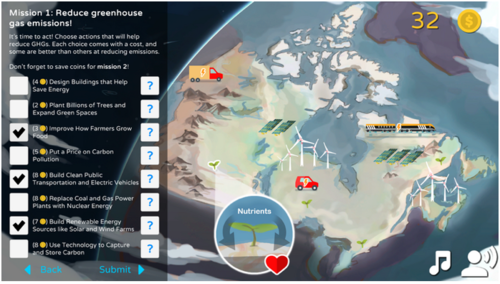Is Your Water Management as Diverse as Your Communities?
This article was written by Waterloo PhD candidate and graduate of the Collaborative Water Program, Elaine Ho.
This article was written by Waterloo PhD candidate and graduate of the Collaborative Water Program, Elaine Ho.

Gender equality and Science are vital for the achievement of the United Nations’ Sustainable Development Goals. Over the past 15 years, the global community has made a significant effort in inspiring and engaging women and girls in science. Unfortunately, women and girls continue to be excluded from participating fully in science.
Wetlands provide valuable ecosystem services, such as reducing flood peaks during wet periods, augmenting baseflows during dry periods and water purification, and they enhance biodiversity. There is increasing interest in using wetlands as ‘nature‐based solutions’ for flood mitigation and soil and water conservation. However, over time, there can be water-quality tradeoffs and wetlands can become sources of nutrients to downstream water bodies.
Water Institute member and Director of Waterloo's Collaborative Water Program, Nandita Basu, has been selected as a 2021 Earth Leadership Fellow.

Two Water Institute members and leading experts in wetlands ecology will study ways to control invasive species and restore the health of Southampton’s beloved Fairy Lake under a new research project launched by the Nuclear Innovation Institute (NII) and the Town of Saugeen Shores.
Water Institute member Blair Feltmate, Professor and Head of the Intact Centre on Climate Adaptation at Waterloo, gave a talk at a TEDx event about the extreme weather catastrophic loss insurance claims which are becoming the norm, and how fire and too much water in the wrong place has to be our priority to fix.
Greenland is the world’s largest “non-continental” island, and about 80 per cent of this island is covered by the Greenland Ice Sheet. In recent years, however, the melting of this ice sheet has accelerated, leading to an increased contribution to rising sea levels.
Water Institute member and professor in Waterloo's School of Architecture, Elizabeth English, discusses her research into the development of amphibious foundation systems to adapt coastal communities to rising water levels and avoid habitual relocation.
